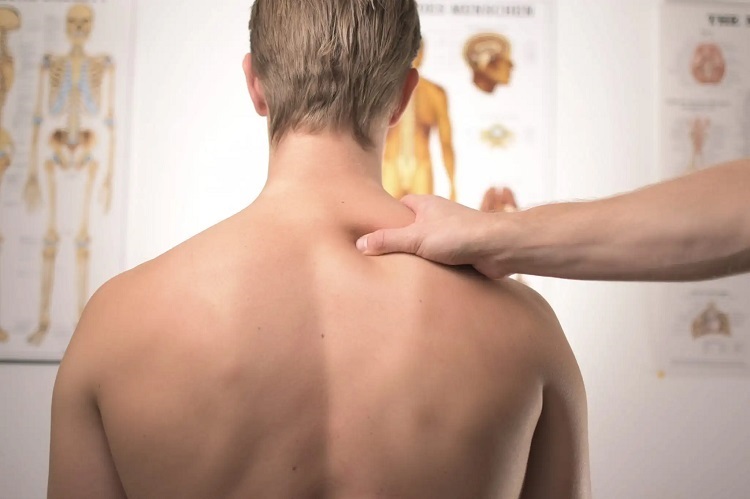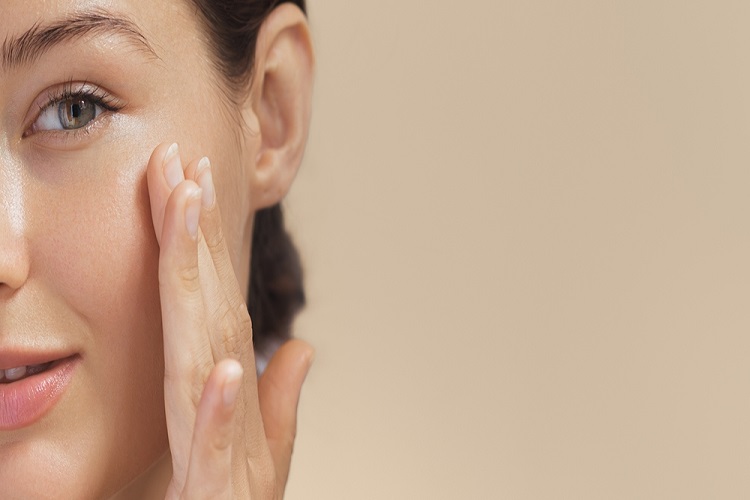Degenerative changes occur in the intervertebral discs of the spine as you age. For example, they dry out, and small tears may develop on the outer membrane (annulus). Most of the time, worn-out discs are asymptomatic, but for some people, these changes can produce pain which can interfere with the quality of life. If non-surgical treatments like medications, weight loss, and therapy don’t alleviate the pain, you may discuss artificial disk replacement Pittsburgh, PA, with your provider. It is a newer spinal disc procedure that replaces painful and worn-out intervertebral discs with metal or plastic prosthetics.
Before the development of artificial disk replacement, spinal fusion was the standard treatment for painful degenerative disc disease that didn’t improve with conservative treatments. Unlike spinal fusion, which immobilizes the joint between two vertebrae, ADR preserves motion at the disc level.
Table of Contents
Why might I need artificial disk replacement?
Artificial disk replacement is mainly an option for patients with chronic low back or neck pain that is still ongoing after trying out non-surgical treatments. However, not everyone with chronic neck or back pain is viable for artificial disk replacement. Your provider will perform tests to establish if ADR is the proper procedure for you. Artificial disk replacement is not recommended for patients with neurologic compression, spinal fractures, instability, or multiple levels of degenerative disc disease. In such cases, spinal fusion remains the treatment of choice.
Generally, artificial disc replacement may be an option for you if the pain originates from not more than two disks in your upper or lower spine. You should have stable weight and have no history of spinal surgery.
How safe is artificial disk replacement?
Like all operations, artificial disk replacement poses some risks. The procedure is also riskier than the standard fusion surgery since it requires greater access to the spine. Some of the possible dangers of artificial disc replacement include:
- Infection of the artificial disc or at the surgical site
- Hardware problems. The implants may fracture or loosen with time
- Dislocation of the artificial disc.
- Rigidity of the spine
- Spinal stenosis due to breakdown of spinal bones
ADR may pose other risks depending on your specific medical condition. For this reason, you should understand the benefits and risks of the procedure and discuss any concerns you may have with your surgeon.
How to prepare for artificial disk replacement
First, diagnosis is essential for your doctor to determine the extent of your pain and spinal damage. You may need imaging tests like CT scans, X-rays, an MRI, a physical exam, and a medical history evaluation. These tests allow your doctor to better view your spine and determine whether surgery is right for you.
If you smoke, you must stop at least six weeks before surgery to promote wound healing and prevent scarring. Your doctor may ask you to stop taking medications containing aspirin and ibuprofen since they have blood-thinning properties. Herbal medicines, vitamins, and supplements also increase your risk of bleeding, so you should not be taking them before surgery.
If you have chronic back or neck pain, consult your doctor at Steel City Spine and Orthopedic Center to establish if you can benefit from artificial disk replacement.










Comments